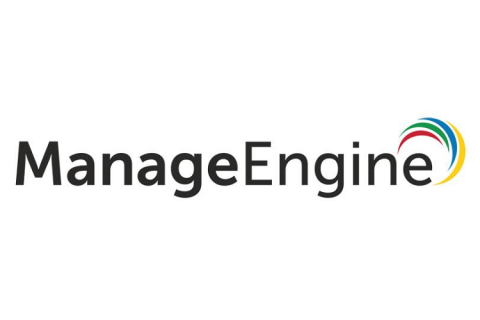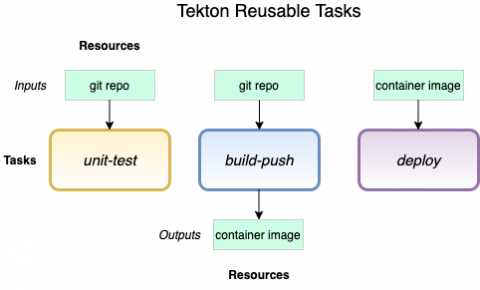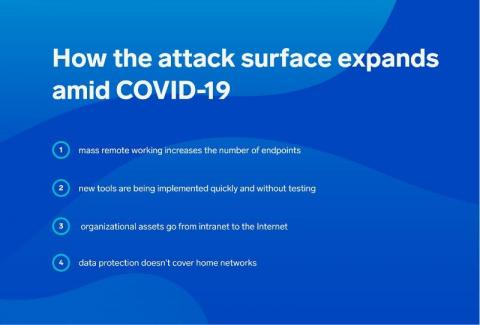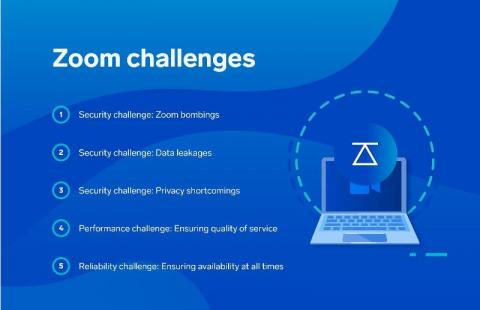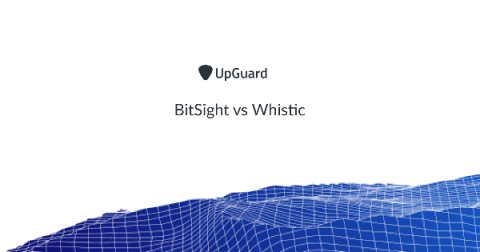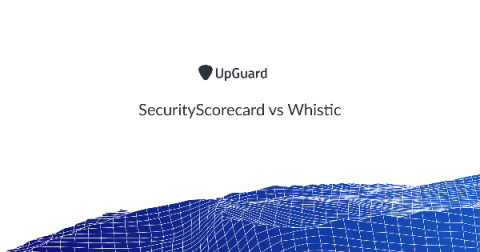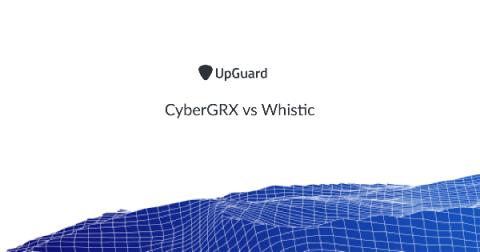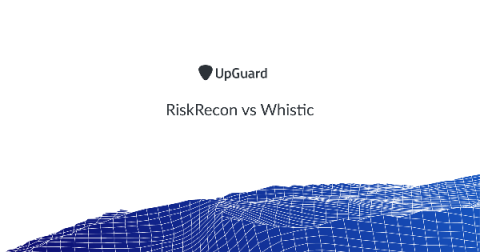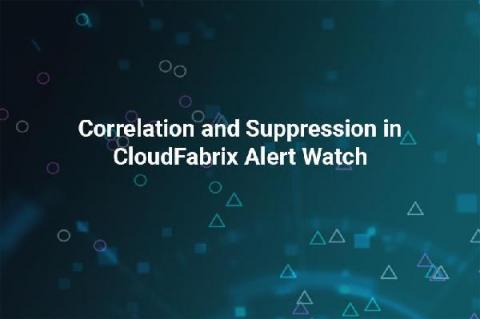Hardening Windows security: How to secure your organization - Part 1
The cybersecurity threat landscape is quickly changing. Administrators have become more cautious when it comes to security and governing access, end users have become tech-savvy and security-aware, and attackers have also raised their game. Living-off-the-land attacks, or LOTL, is one clear trend today, with attackers exploiting preinstalled features and default tools built into system.


